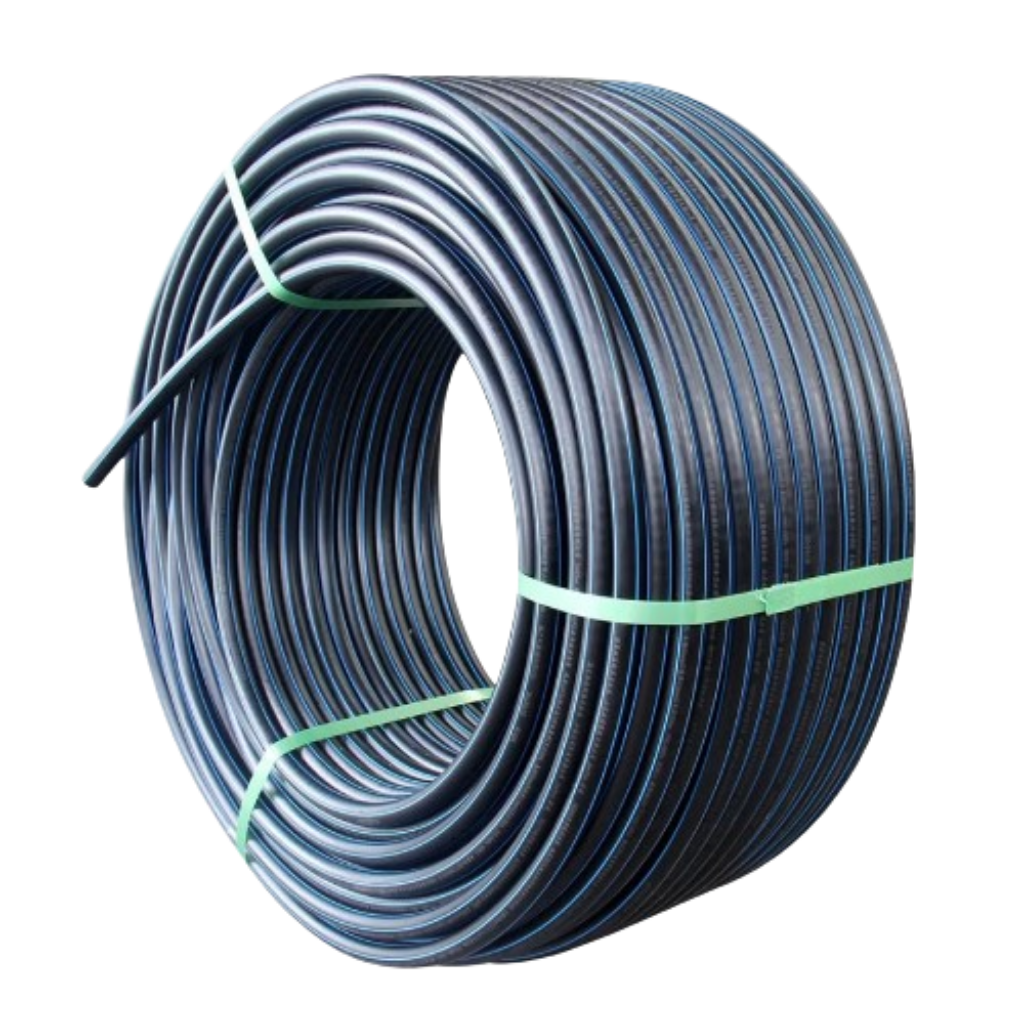25mm HDPE Pipe
It seems you’re looking for more details about 25mm HDPE (High-Density Polyethylene) pipes with the pressure ratings listed (4 kg/cm², 6 kg/cm², 10 kg/cm², 12.5 kg/cm², and 16 kg/cm²). I’ll break this down into key points to give you a comprehensive understanding.
What Do the Pressure Ratings Mean?
The pressure ratings of the pipe indicate the maximum pressure that the pipe can handle in a given application. These ratings are typically given in kg/cm² (kilograms per square centimeter). The higher the pressure rating, the thicker the pipe walls and the more robust the material.
Here’s a quick comparison of each pressure rating:
- 4 kg/cm²: Suitable for low-pressure applications like household water distribution or small-scale irrigation.
- 6 kg/cm²: Can handle moderate pressure, appropriate for larger residential or commercial water supply systems.
- 10 kg/cm²: Suitable for medium to high-pressure systems, like agricultural irrigation or industrial applications.
- 12.5 kg/cm²: Designed for high-pressure needs, such as larger-scale irrigation systems, municipal water supply, or industrial use.
- 16 kg/cm²: For very high-pressure systems, used in demanding applications such as heavy industrial pipelines or long-distance water distribution.
What Affects the Pressure Rating of the Pipe?
Wall Thickness: As pressure increases, the wall thickness of the HDPE pipe also increases, making the pipe more durable and resistant to deformation under pressure.
Pipe Material: HDPE is known for its excellent strength-to-weight ratio, corrosion resistance, and flexibility. The material’s properties contribute significantly to its ability to withstand varying pressure levels.
Temperature: Higher temperatures can reduce the pressure resistance of the pipe. If your application involves hot water or heated fluids, you may need to choose a pipe rated for higher temperatures.
Applications Based on Pressure Rating
4 kg/cm²: Light-duty applications such as domestic water lines, small irrigation systems, or drainage.
6 kg/cm²: Can be used for larger-scale residential water systems, commercial water lines, or medium-scale irrigation.
10 kg/cm²: Suitable for industrial water supply systems, agriculture irrigation, and chemical transport with moderate pressure demands.
12.5 kg/cm²: Used in heavy-duty industrial applications or municipal water distribution.
16 kg/cm²: Required for high-pressure systems, such as long-distance pipelines, large-scale water supply systems, or high-pressure irrigation in agriculture.

